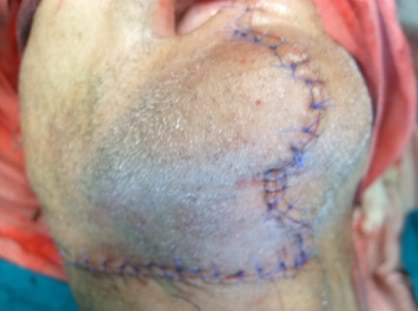
Frequent sinus infections in children are a common problem, especially for children in daycare settings. the average child can have six to ten upper respiratory tract infections a year that have symptoms including nasal discharge and blockage.
Other factors that contribute to frequent sinus infections are environmental allergies, exposure to second-hand smoke, immunodeficiency, congenital craniofacial anomalies and some inherited conditions. Children with lung problems such as asthma and cystic fibrosis often have related sinus problems.
Most viral infections will resolve without treatment. A small percentage will progress to bacterial sinusitis that will require antibiotics for treatment. Narrowing or blockage of the nasal passages or sinus openings may increase the chances that a cold will progress to bacterial sinusitis.
Often, children may need medication to help treat sinus problems. This could include nasal steroids, nasal saline, mucous-thinning medications called mucolytics, and some allergy medications such as anti-histamines.
In a small percentage of children, surgery may be necessary to relieve the blockage and open the sinuses or nasal passages. Prior to any surgery, a thorough work-up is necessary in order to determine the appropriate treatment course. Younger children do not typically need surgery on the sinuses as their sinuses are still developing.
Younger children with frequent sinus infections often have their adenoid, a patch of tissue located where the nose and throat join, removed. the adenoid can be a haven for bacteria and can often block the nasal passages. Removing the adenoid is a simple and painless surgery that can be very effective.
When the sinus problem is more involved than an enlarged adenoid, the sinuses need to be imaged via a special X-ray called a CT scan to investigate the anatomy of the sinuses and determine if the openings of the sinuses are blocked. If sinus openings are blocked, they can be enlarged using special instruments and a small camera called an endoscope. This is called endoscopic sinus surgery. the natural openings are widened and preservation of normal anatomy is the goal.
Nationwide Children’s Hospital’s Rhinology Clinic is unique in that it offers allergy testing and endoscopic evaluation during the same visit. This allows both the allergist and otolaryngologist to determine an appropriate treatment plan.
You should always seek the advice of your physician or other qualified health care provider prior to starting or stopping any treatment or with any questions you may have regarding a medical condition.